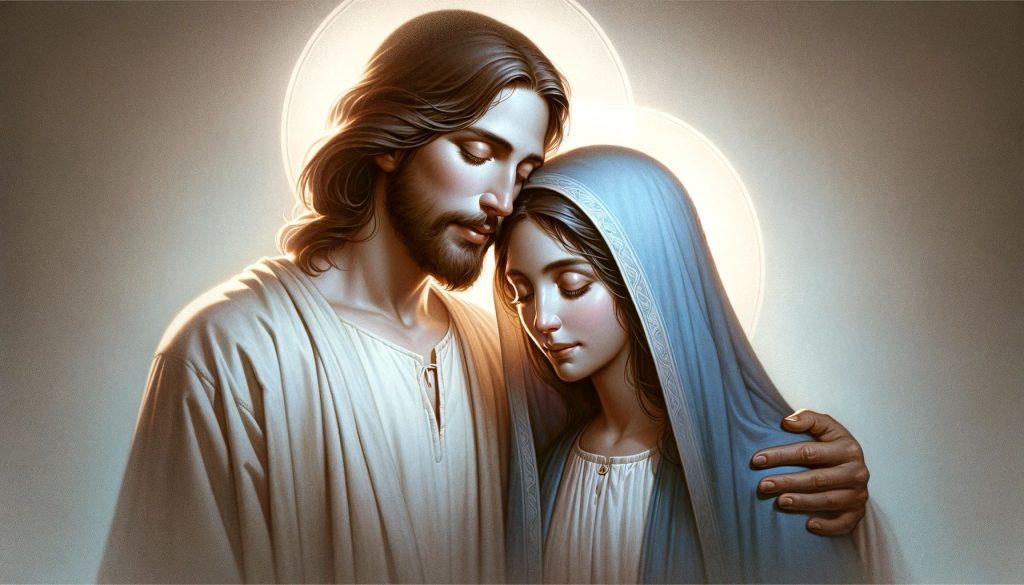The Calvinist View of Predestination
Calvinism, a branch of Protestantism founded by John Calvin, presents a view of predestination that is quite distinct. According to Calvinist doctrine, there is a belief in the ‘double predestination.’ This means that God has already predetermined some individuals for salvation (heaven) and others for damnation (hell). This determination is believed to be irrespective of one’s actions or efforts to serve God. In Calvinism, it is held that an individual’s fate regarding salvation or damnation is fixed, and human effort or morality has no influence on this divine decree.
The Catholic Perspective on Predestination
In contrast, the Catholic Church’s understanding of predestination is fundamentally different. The Catholic teaching, deeply rooted in Scripture, posits that God desires the salvation of all individuals. As stated in the First Letter to Timothy, “God our Saviour, who will have all men to be saved, and to come to the knowledge of the truth” (1 Timothy 2:4). This passage clearly indicates that God’s will is oriented towards the salvation of all.
Furthermore, Catholicism teaches that while God foreknows who will be saved, this divine foreknowledge does not compromise human free will. Each person has the freedom to accept or reject God’s grace. The Catechism of the Catholic Church elaborates on this, affirming that “God predestines no one to go to hell; for this, a willful turning away from God (a mortal sin) is necessary, and persistence in it until the end” (CCC 1037).
Grace and Free Will in Catholic Teaching
Central to the Catholic understanding is the interplay of grace and free will. While it is through the grace of God that we are saved, our cooperation with this grace is essential. The parable of the sower, as told by Jesus in the Gospel of Matthew, illustrates this beautifully: “Behold, a sower went forth to sow… Some seeds fell upon good ground, and brought forth fruit” (Matthew 13:3,8). This parable symbolizes how the grace of God (the seed) requires the receptive soil of a willing heart to bear fruit.
The Role of Christ’s Merits in Salvation
The Catholic Church emphasizes that salvation is attainable through the merits of Jesus Christ. His sacrificial death and resurrection opened the path to salvation for all humanity. As stated in the Gospel of John, “For God so loved the world, as to give his only begotten Son; that whosoever believeth in him, may not perish, but may have life everlasting” (John 3:16). This passage underscores the universality of Christ’s redemptive act and the potential for salvation for all who believe and repent.
Conclusion: A Hopeful and Inclusive Understanding
In summary, the Catholic view of predestination presents a hopeful and inclusive perspective. It asserts that God wills the salvation of all and provides the necessary grace for salvation. However, it also upholds the essential role of human free will and response to God’s grace. Unlike the predetermined fate suggested by Calvinism, Catholicism offers a path of hope and redemption, accessible to all who sincerely seek it.
🙏 PayPal Donation Appreciated
The Case for Catholicism - Answers to Classic and Contemporary Protestant Objections
Disclaimer: As an Amazon Associate, I earn from qualifying purchases. Thank you.
